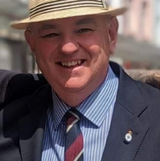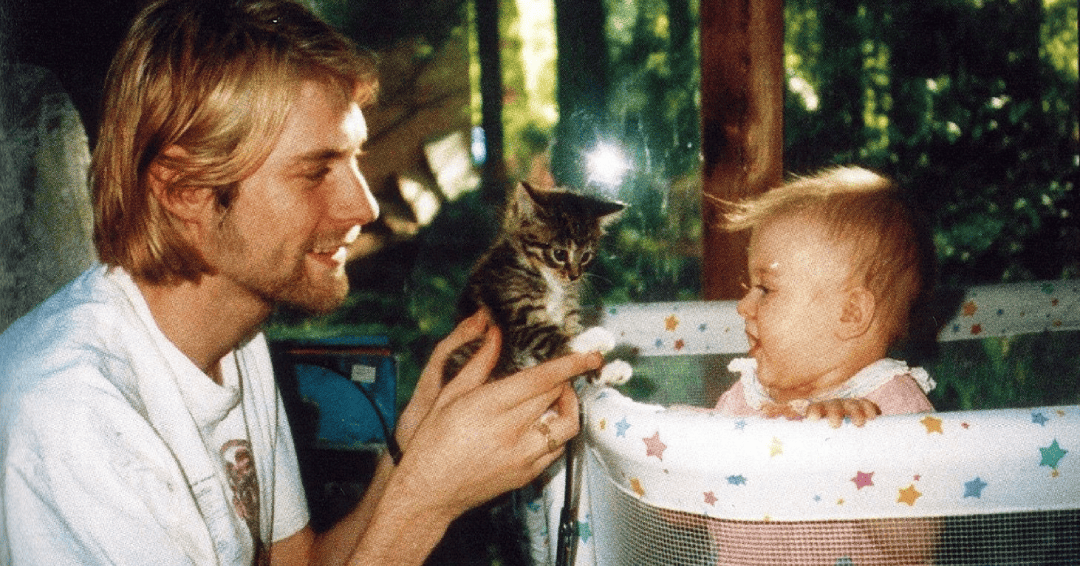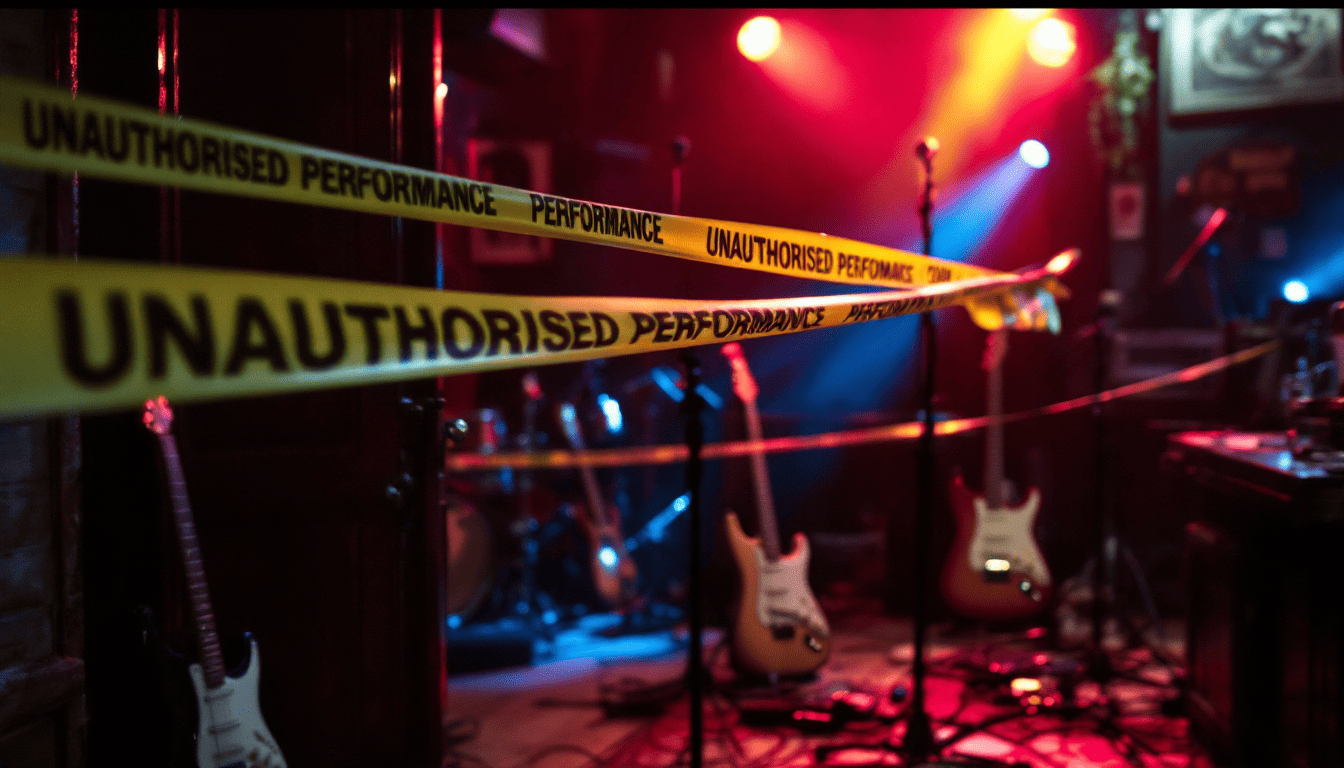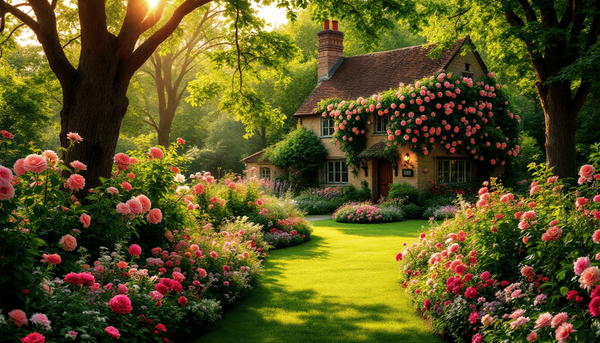Echoes Across the Atlantic: The Pact Renewed
An openly-declared Muslim socialist was voted in as the mayor of the world's seat of capitalism. It represents a major shift in the thinking of New York's electorate and a storm-ridden potential future. What will history look like?
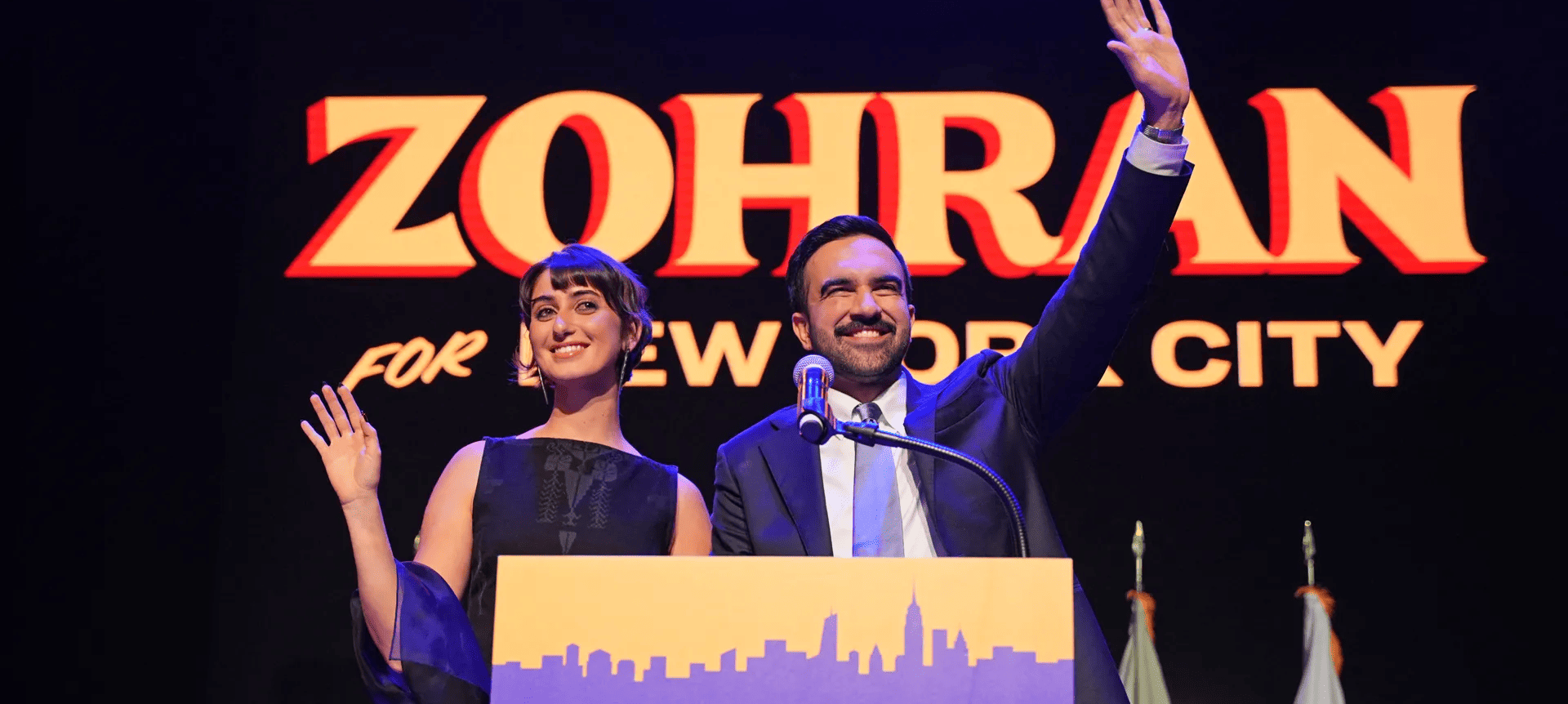
The ballot boxes in New York had barely cooled from the frenzy of November 4, 2025, when Zohran Mamdani—freshly minted as the city's first Muslim mayor at the tender age of 34—stepped into the cavernous echo of City Hall.
Born in Uganda to Indian parents, raised in the shadow of Queens' minarets, Mamdani had surged to victory on a wave of progressive fury: rent freezes, police defunding, and a vow to "decolonize" the skyline. Across the ocean, in London's rain-slicked streets, Sir Sadiq Khan—now in his third term, knighted for "services to multiculturalism"—watched the returns on a tablet, his face splitting into a grin that mirrored Mamdani's own. Khan had corresponded in code for years: encrypted emails disguised as policy memos, shared visions of cities remade not in the image of capital, but of the caliphate's quiet creep.
Mamdani's inauguration in January 2026 was a spectacle of defiance. Flanked by imams from Astoria and organizers from the DSA, he swore his oath with a hand not on the Bible, but a well-thumbed copy of the Quran. "New York will be a sanctuary for the faithful," he declared, eyes locked on the cameras. Khan, dialing in from a virtual summit, nodded approval. Their pact, forged in late-night Zooms during Mamdani's campaign, was simple: Accelerate the exodus. The rich and middling—those pale ghosts of gentrification—must go. Only then could the true reshaping begin.
Taxes were the first blade. Mamdani's "Equity Excise" layered 15% surcharges on any property over $2 million, funneled straight into "faith-based revitalization funds." Khan, ever the innovator, synced it with London's "Heritage Harmony Tax," doubling council rates on Georgian terraces in Notting Hill if owners lacked "diverse occupancy." The flight began anew. Wall Street wolves decamped to Miami penthouses; City traders to Geneva chalets. A Park Avenue co-op, once $15 million, tumbled to $800,000 by summer—snapped up by syndicates from Lahore and Dhaka, who promptly gutted the kitchens for halal prep stations.
In Islington, Victorian semis went for peanuts, their new tenants raising partitions for mihrabs.
House prices didn't collapse; they imploded. By 2027, Zillow listings in Brooklyn read like fire-sale flyers: "Fixer-upper in Bed-Stuy, $120K, as-is—perfect for communal living." Rightmove in Hackney echoed the dirge: "Terraced home, £95,000, needs love (and loudspeakers for adhan)." The middle class, squeezed by Mamdani's universal basic income for "underserved communities" (which mysteriously favored recent arrivals) and Khan's ULEZ expansions that choked hybrid SUVs, packed U-Hauls for Scranton or Swindon. Suburbs swelled; the cores hollowed.
Into the void poured the faithful. Mamdani rezoned SoHo lofts into masjid-malls, where Friday jummah spilled onto Broadway amid falafel carts and quranic recitals. Khan greenlit 47 new mosques in 2026 alone—domes piercing the fog over Westminster, minarets calling from Shoreditch to the Shard. Crime? It bloomed like night jasmine. NYPD "reform" slashed patrols by 40%, replaced with "neighborhood mediators" in kufis who mediated muggings with verses from Surah Al-Ma'idah. In London, Khan's "Safe Streets Initiative" swapped bobbies for Sharia councils, turning knife-point holdups into "lessons in taqwa." The tabloids screamed—Daily Mail: "Khan's Caliphate!"—but readership dwindled as advertisers fled the sinking ship.
By 2030, the cities were twins in twilight splendor. Times Square's billboards flickered halal ads between hijab fashion shows; Leicester Square hosted iftar under the neon ghosts of old theaters. Central Park's Bethesda Fountain bubbled as a communal wudu pool; the Serpentine, a serene reflection for the Thames-side faithful. The holdouts—stubborn bodega uncles, Cockney nanas—huddled in enclaves, bartering stories of "the before times" over illicit bacon sarnies.
Mamdani and Khan met at last in the spring of '31, not in Doha, but a repurposed Bloomberg HQ now the Global Ummah Forum. Over iftar platters of lamb biryani and samosas, they toasted with non-alcoholic sparkling date juice. "London's down 45% in old money," Khan murmured, scrolling stats on his phone. "New York's at 41. Mosques? We're at 312 here—every corner, as promised."
Mamdani leaned in, his voice a conspirator's hush. "Phase three, brother. The boroughs were just the vanguard. Now, the states. The counties."
Khan's eyes lit like the adhan at fajr. "And the shires. From the Hudson to the Home Counties."
They clasped hands, the weight of two metropolises—and the blueprint for more—sealing their bond. Outside, the call to prayer wove through the dusk, a siren's song for the world beyond.

